Winners and losers: What did this week tell us about the state of Britain's high street banks?
A decade on from the financial crisis, which lenders have adjusted best to high-regulation landscape?

This week saw the UK's major high street banks report their annual results.
These banks are vital to the smooth-running of the economy. The big four — HSBC, Barclays, Lloyds and Royal Bank of Scotland — have a 77% market share of 65m active personal current accounts, according to the Competition and Markets Authority. They also provide 90% of lending to businesses, and 85% of current accounts to small and medium-sized firms.
So who were the winners and losers?
Winners
Lloyds Banking Group
Lloyds Banking Group posted its highest its annual pre-tax profits in a decade, which saw them more than double to £4.2bn ($5.2bn), after slashing its payment protection insurance (PPI) provisions.
It set aside £1bn for the long-running PPI insurance mis-selling scandal last year, compared to £4bn in 2015. Last year the bank posted a £1.6bn pre-tax profit.
The positive results prompted the government to sell a further 1% of its stake in the bank, taking its total holding in the lender to just below 4%, compared to the 43% of the bank it held at the height of the financial crisis.
The latest disposal by the Treasury of about 1% of shares in Lloyds – worth just under £500m on current market value – means more than £19bn has now been returned to Government coffers since the £20.3bn bail-out.
Richard Hunter, head of research at Wilson King Investment Management, said: "Under the careful stewardship of chief executive Antonio Horta-Osorio, Lloyds has transformed into something of a modern day success story in the aftermath of the financial crisis.
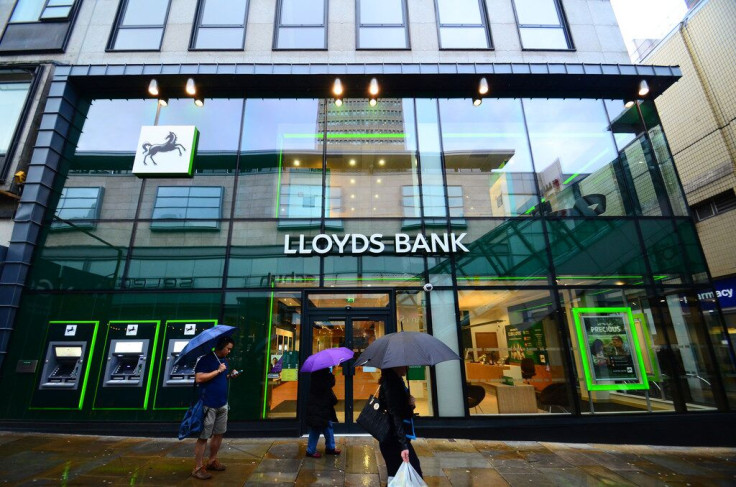
"Historically low interest rates will also continue to provide a difficult backdrop for banks in general, whilst the cost or regulation – let alone any further fines darkening the picture – will be a necessary cost of doing business."
Barclays
Barclays saw its profit almost treble, driven by strong trading at its credit card business and lower litigation charges.
It said annual pre-tax profit jumped to £3.2bn compared to a year ago, buoyed by its credit card business where sales leapt 21% to £4bn. Last year the group turned in a £1.1bn pre-tax profit.
It added operating costs fell 12% to £16.3bn "reflecting lower litigation and conduct charges. Total conduct and litigation costs at the group plunged by 69% to £1.36bn.
Chief executive Jes Staley, who took the helm just over a year ago, said he was "just months away from completing the restructuring of Barclays".
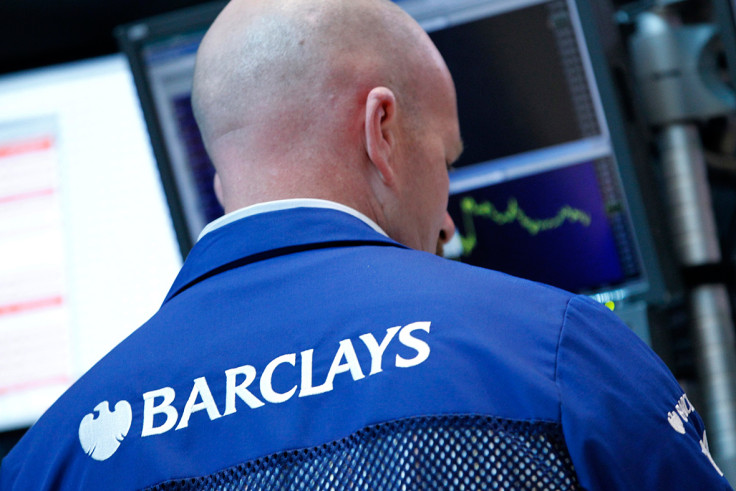
But CMC Markets chief market analyst Michael Hewson added that although the lender saw a sharp reduction in litigation costs last year, it is still to settle a mis-selling claim for mortgage-backed securities brought by US regulators.
Hewson said late last year Germany's Deutsche Bank and Switzerland's Credit Suisse settled a similar claim in the US for $7.2bn and $5.3bn respectively, "which might suggest that any potential future settlement is likely to be of a similarly high amount".
Metro Bank
Metro Bank is virtually the only challenger bank, starting from scratch, to make any real headway on the high street.
The lender, which focuses on London and the south-east, narrowed pre-tax losses last year — to £17.2m from £56.8m in 2015 — on the back of increased deposits and lending. It said it expects to make a profit over the coming year.
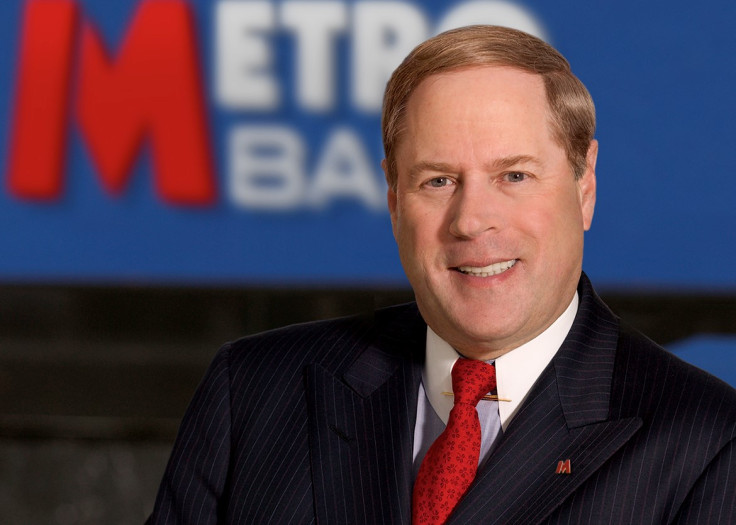
Metro Bank - which launched in 2010 and floated on the stock market last March - signed up a record 260,000 customers over the year, to take its total to 915,000. It is now opening around 1,000 new accounts a day.
US founder Vernon Hill said the response of the British public had "exceeded our expectations".
The group plans to boost its number of branches from 48 to around 60 this year and around 110 by 2020.
Losers
HSBC
HSBC saw its profit slump by 62% in a year that the banking giant was buffeted by "significant and largely unexpected economic and political events.
Europe's largest bank posted an annual pre-tax profit of $7.1bn (£5.7bn, €6.7bn), far lower than the $18.9bn (€17.8bn, £15bn) it reported a year ago.
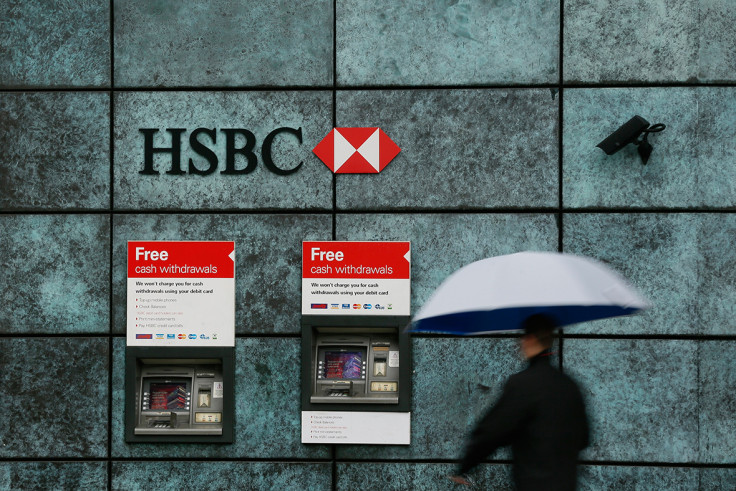
It attributed the fall to a string of one-off charges, including the sale of its operations in Brazil, a $3.2bn impairment of goodwill to its private banking unit in Europe and adverse fair value movements credit spread, which cost it $1.8bn.
The bank moved to cheer shareholders by announcing it will buy back $1bn of shares.
Shore Capital analyst Gary Greenwood called the results "disappointing" with "a number of key metrics falling short of our own and company-collated consensus market expectations."
Royal Bank of Scotland
Royal Bank of Scotland saw losses more than treble to £7bn as the lender was hit yet again by legacy issues.
The bank, which is 72%-owned by the taxpayer, has reported a loss for nine straight years in a row. Last year it reported a £2bn loss.
Mis-selling and conduct costs amounted to £5.9bn in 2016, up from £3.6bn a year earlier.
RBS also took a £2.1bn hit for the cost of restructuring, including £750m set aside to enable it to avoid having to sell off hundreds of branches under the Williams & Glyn brand, in plans announced by the Treasury last week.
RBS's total losses since 2008 now amount to about £58bn, overshadowing the bank's £45.5bn bail-out during the financial crisis.
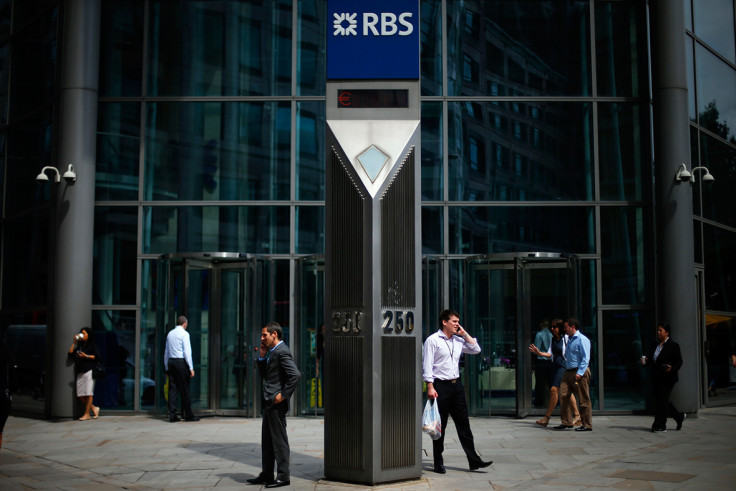
The Edinburgh-based bank is targeting £750m of cost savings this year, as part of a new four-year £2bn programme of cuts, expected to involve hundreds of job losses and branch closures.
RBS set aside further cash to cover legal cases in the US where analysts expect it to pay as much as £9bn to regulators for mis-selling US securities backed by toxic mortgage loans.
Spreadex financial analyst Connor Campbell said: "Understandably investors weren't impressed with these figures. However, it was also hardly a surprise."
© Copyright IBTimes 2024. All rights reserved.






